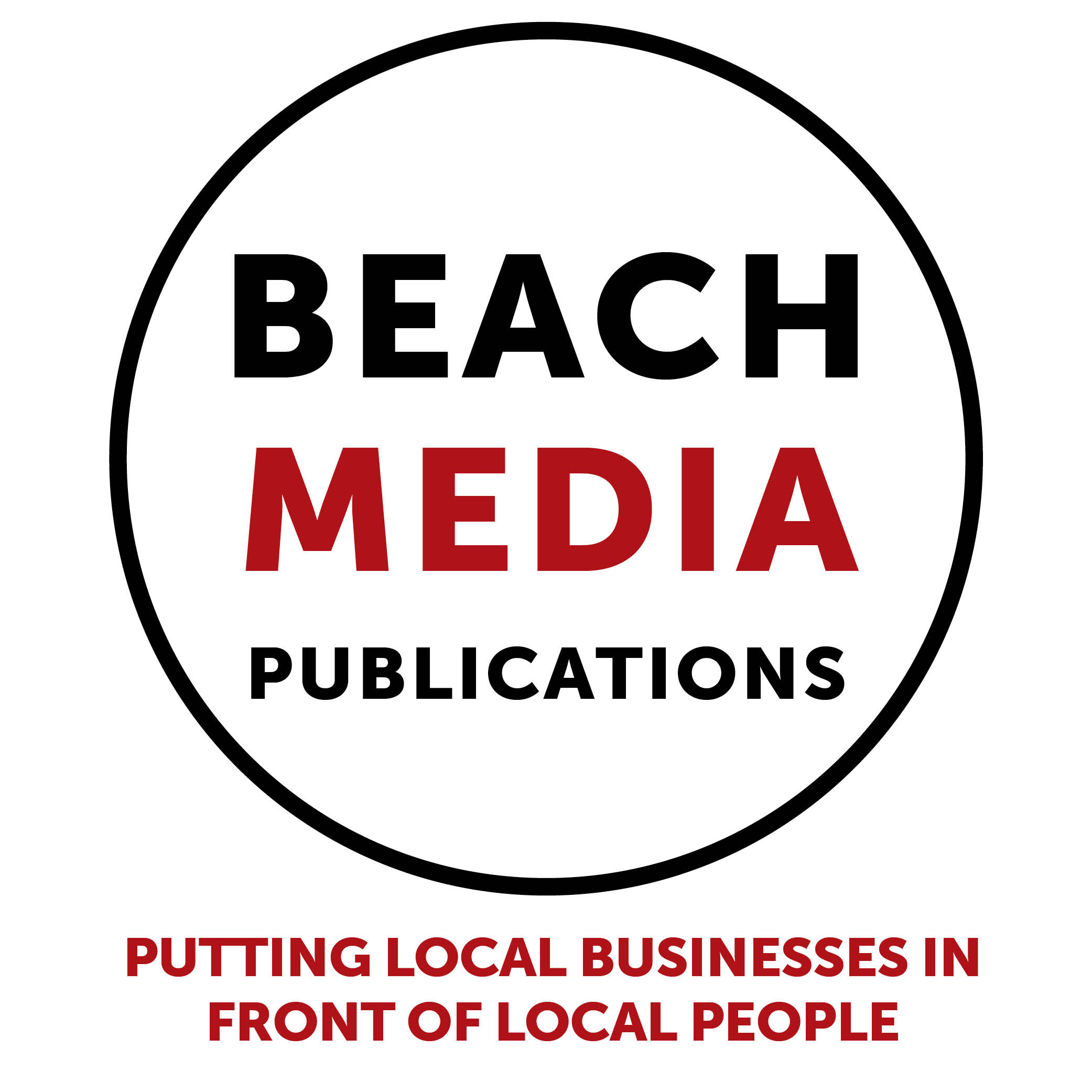Mastering Marketing on a Shoestring Budget!
Ever wondered how small businesses, without the financial might of corporate giants, manage to create marketing magic? The secret is simple: you don’t need deep pockets to craft a winning marketing plan. A well-considered strategy is your small business’s guiding star, and with a sprinkle of creativity, you can achieve marketing success without exhausting your resources.

Before we get to the fun bit (saving money) let’s quickly cover the less exciting bit of why is a marketing plan a must for any business. Primarily, it serves as a roadmap to guide your business in a clear and purposeful direction. It helps define your target audience, set achievable goals, and determines the most effective strategies to reach potential customers. Moreover, a marketing plan ensures that resources, including time and budget, are allocated efficiently, maximising their impact.
In an ideal world the budget would be a cash reserve but what if there’s not much in the pot? If the words “creek & paddle” spring to mind, don’t despair as there are plenty of ways to market your business on a shoestring budget as you will see from the following examples.
Example 1: Freebies!
Everyone loves a freebie and it’s a brilliant way to encourage people through the doors. Whether it’s an indie café offering free tasters of new coffee concoctions or a local bakery holding a tasting day to choose their new cookie flavour, this approach gives customers, both new and old, a reason to visit and it generates buzz without breaking the bank.
Example 2: Sharing tips
Social media offers a myriad of benefits for small businesses working with limited marketing budgets. It provides a cost-effective platform for building brand awareness, connecting with a target audience and fostering customer engagement. Take, for instance someone who bakes celebration cakes. They can use social media to post engaging cake-making or decorating videos and share their customers’ stories and pictures. They can build a loyal following just by sharing their knowledge and expertise which makes people more likely to buy from them.
Example 3: The community connection
Consider a local bookstore that hosts free storytelling events for children or a small business that gives time to help support a local cause. By fostering a sense of community, they market themselves through goodwill and loyalty, all on a limited budget.
So, even if the cash levels are not as buoyant as you’d like them to be the key things to remember are:
- a marketing plan isn’t synonymous with big spending;
- your small business’s unique charm can be a potent marketing tool;
- even with modest resources, you can make a significant impact.

